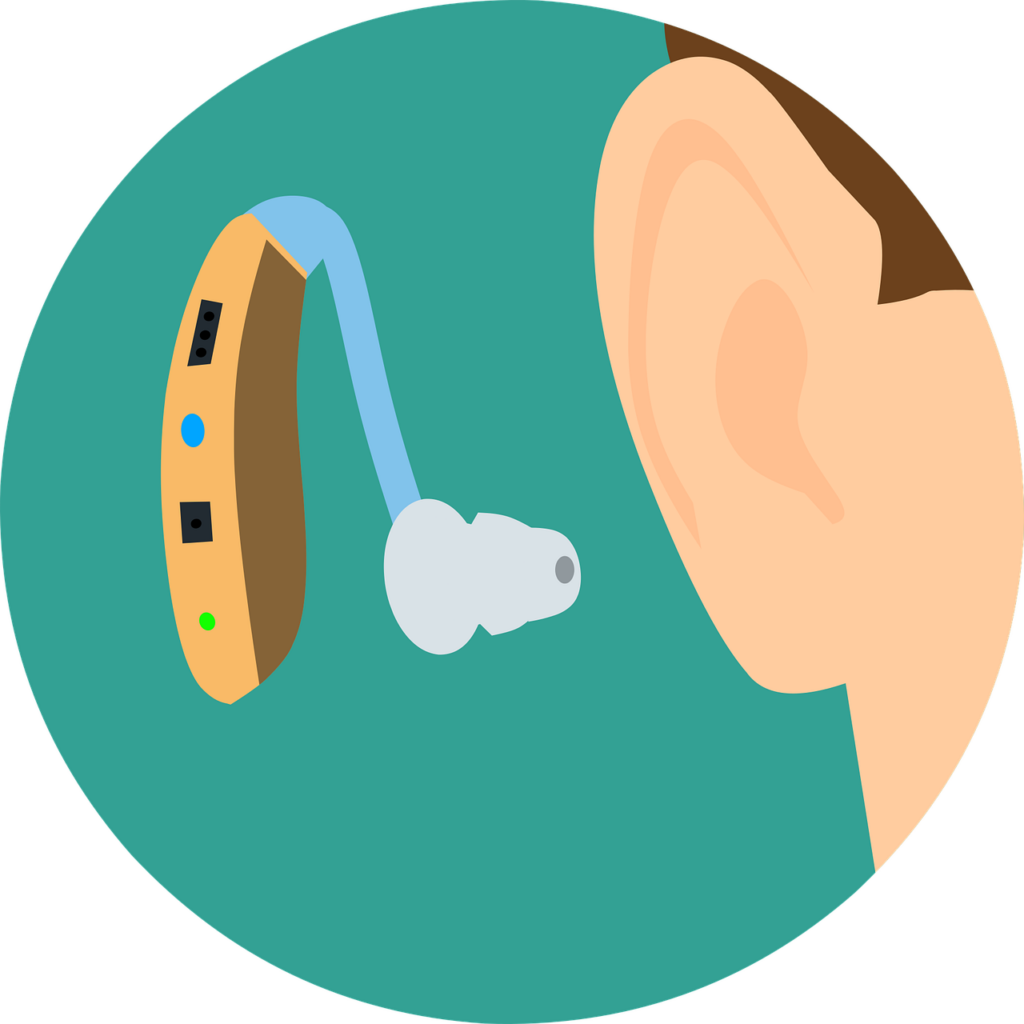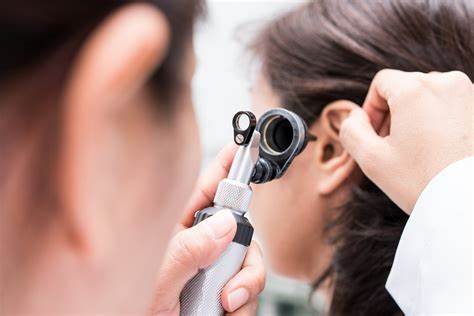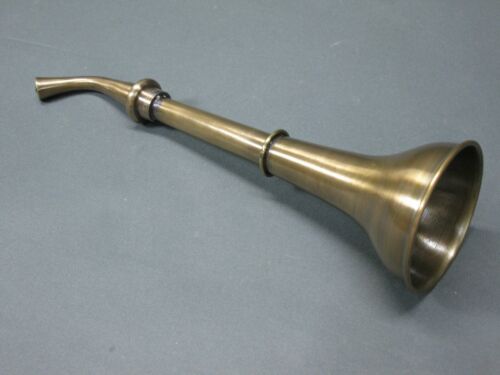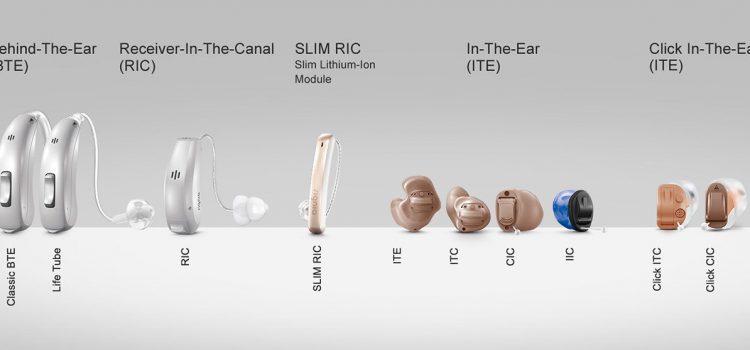
What causes age related hearing loss in older adults?
Age-Related Hearing Loss. Hearing loss is a reduced ability to hear. You may find you need the TV volume to be louder. And that you can’t always hear people talking, especially in a crowd. So then, most people experience hearing loss as they get older. Do so because of wear and tear to the tiny hair cells in the inner ear. However, there are also other factors that can cause hearing loss, such as:
- regular exposure to loud noise
- a history of middle ear disease
- a family history of hearing loss.
Some people have a condition called tinnitus, which causes you to have persistent noises such as ringing or buzzing. Also linked to hearing loss. Your balance is also dependent on your hearing ability
Can I be tested for hearing loss?

Age Related Hearing Loss. If you’ve recently noticed problems with your hearing, the first step is to talk to your doctor. And explain how these problems are affecting your day-to-day life.
Your doctor can carry out some basic tests to check for temporary, treatable ear problems. Such as a build-up of ear wax or an ear infection. Also, your doctor will have a look into your ears using a medical instrument with a light at one end.
If there is no obvious cause of hearing loss, your doctor can refer you for a hearing assessment. Here, with an audiologist or an ear nose and throat (ENT) specialist. They’ll look into your ears and test your hearing to see how well you can detect different levels of sound. Additionally, this assessment will help find the cause of your hearing loss and what treatments would work best. Because your hearing assessment will indicate if a hearing aid would help you and which type would work best for you.
How can a hearing aid help me?

Picture of an old fashioned Ear Horn
Age-Related Hearing Loss. Hearing aids work by making sounds louder and clearer. But will not restore your hearing to normal, or cure your hearing loss, however, they can make your life much easier. Here, they pick up the sound and make it louder with an amplifier. Are fitted with devices, which can distinguish between foreground noise, such as conversation, and background noise, such as traffic.
Are there different types of hearing aids?

Hearing aids differ in shape, size and price. With modern technology, aids are getting smaller and more discreet – some aids fit entirely inside the ear. Smaller aids are also easy to insert in your ear. But they can be fiddly to adjust because of the very small controls.
Some aids have additional features to improve hearing. For example, some digital aids can clear unwanted background noise. Ask the hearing aid dispenser about any additional benefits or features of the aids available.
Advice and trial
Your audiologist should advise which model should suit you. Ask if you can trial your hearing aid for a few weeks to make sure it’s comfortable and helpful. So, make sure you can confidently put it on, take it off, change the volume level and change the batteries.
How can assistive devices help my hearing?
When you use a hearing aid for the first time, everyday sounds may seem quite loud. It could take you a couple of months, to get used to hearing sounds with your hearing aid. If at any stage the sound is uncomfortable and you can’t wear the hearing aids, it is best to return to your audiologist for advice.
So some special equipment can be installed in your home to amplify sound and help you hear well. These can be helpful if you don’t want to use a hearing aid. Examples include:
- a loop system connected to your TV or radio to make the sound louder
- a telephone amplifier
- adjustments to alarms or doorbells to make them louder, flash or vibrate.
You might be eligible for this equipment on a free loan through your local social services department. Eligibility will depend on your hearing loss, and you will undergo an assessment by sensory support staff. Depending on where you live,
Hearing aids can also be purchased privately. Some equipment will have a money-back guarantee so you can return it if it’s not helpful. You can buy a range of products from online shops.
How can lip-reading help my hearing?
If you have hearing loss, lip reading can be a very useful aid to hearing. Going to a local lip-reading class may improve your skills and your confidence.
Lip-reading is a skill which most people use unconsciously to some degree. We usually focus on another person’s face and lips. And if we are having difficulty hearing what they are saying (often because of intrusive background noise). We do this in an attempt to search for visual clues as to what the speaker is saying.
In Conclusion
If hearing becomes a little difficult in some situations, do not ignore it. In addition, do not be embarrassed by it, just get to your doctor to have it assessed, very few people notice modern hearing aids due to their small size. they are extremely helpful and do not forget balance needs your hearing, so a hearing aid could help prevent a serious life-threatening fall.
Important Note *
Remember that everyone is different, it is ultimately YOUR RESPONSIBILITY to find what your body responds to. So please do your due diligence before trying anything new, including getting Medical Advice to ensure your safety and peace of mind.
Connect with me and leave a comment or two on my social media.


